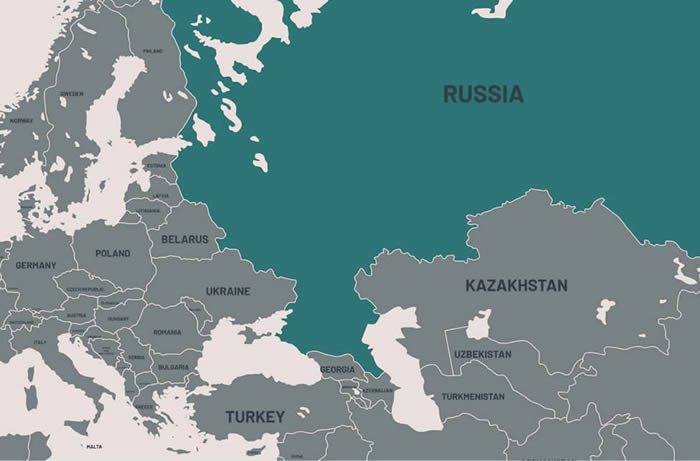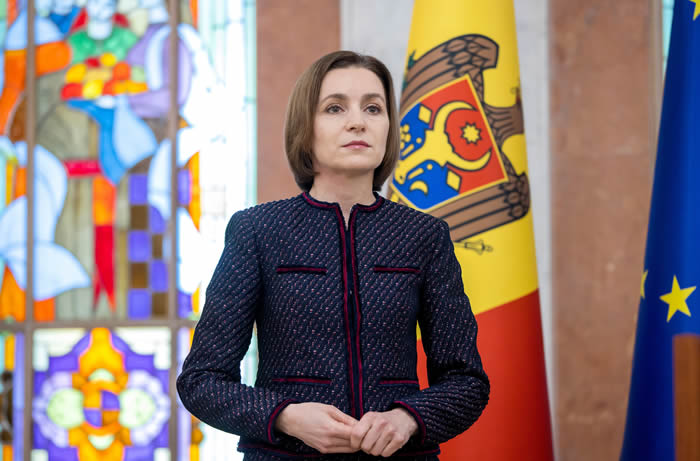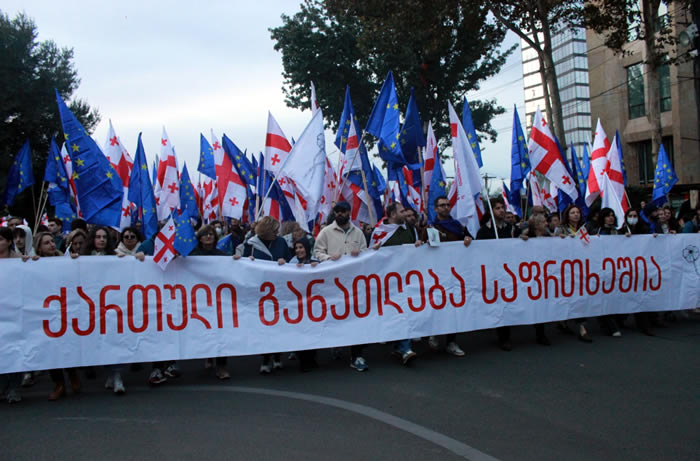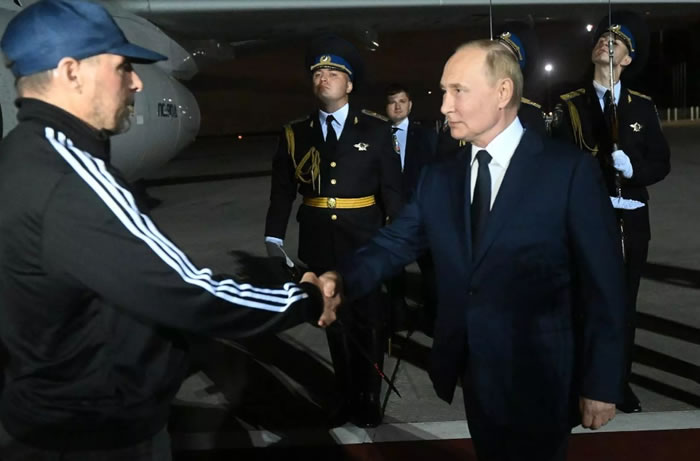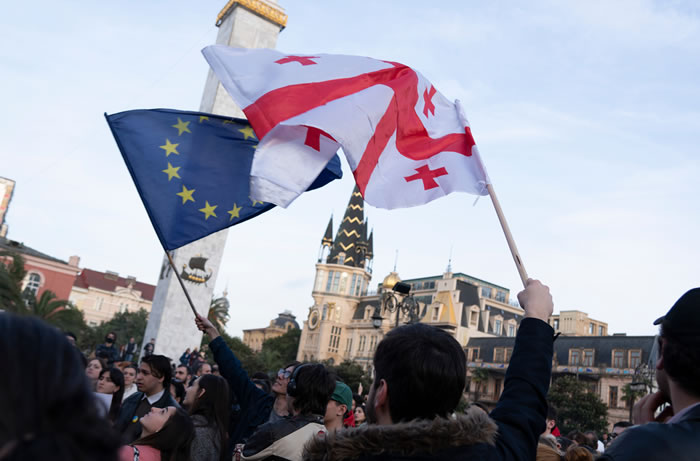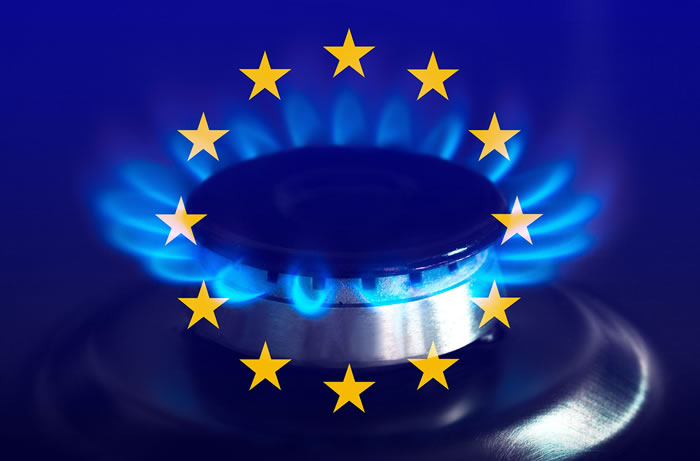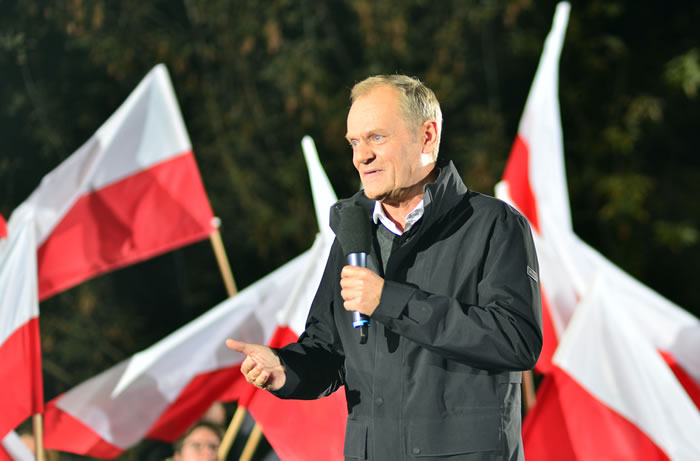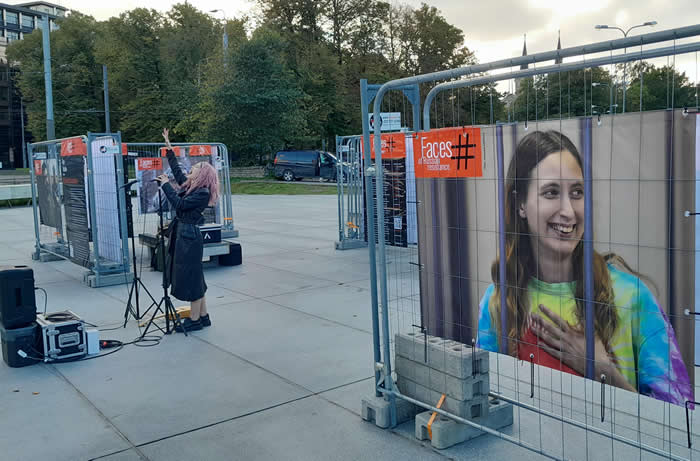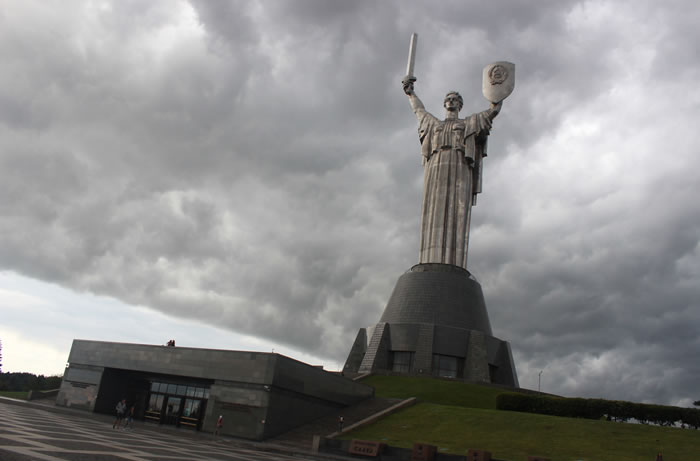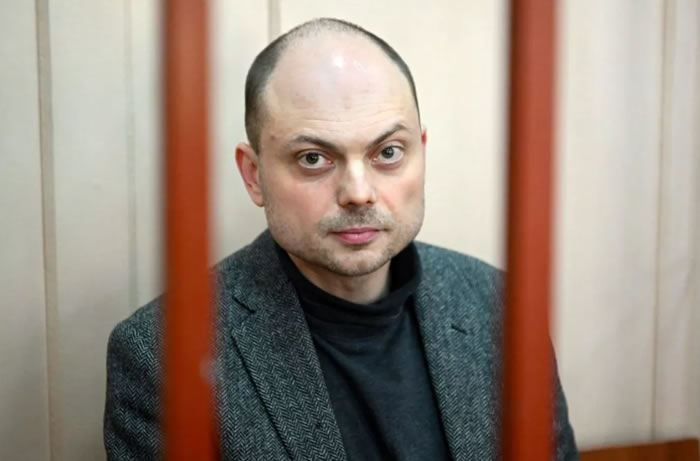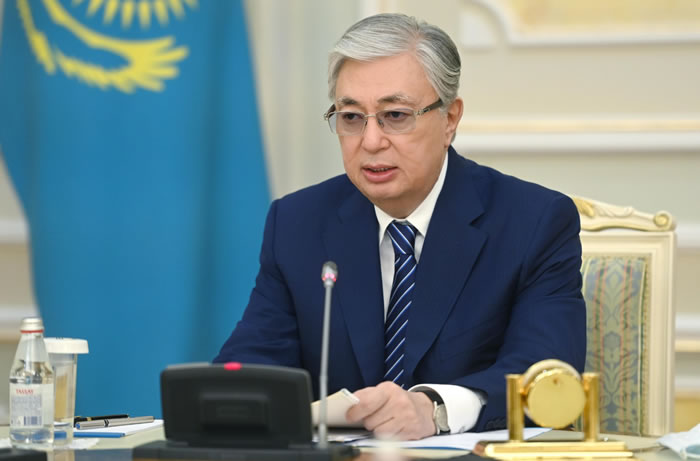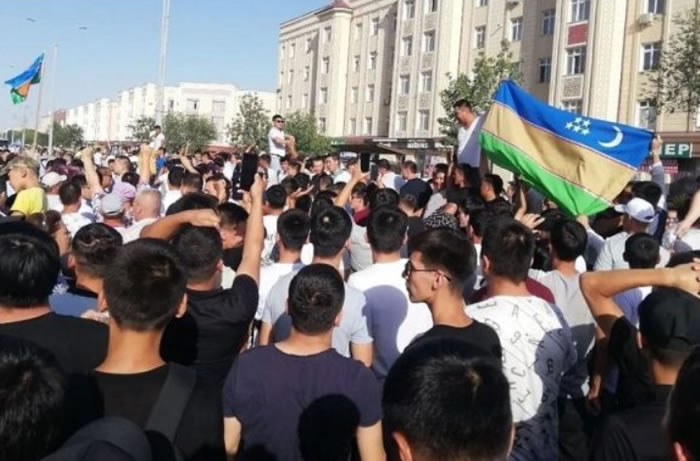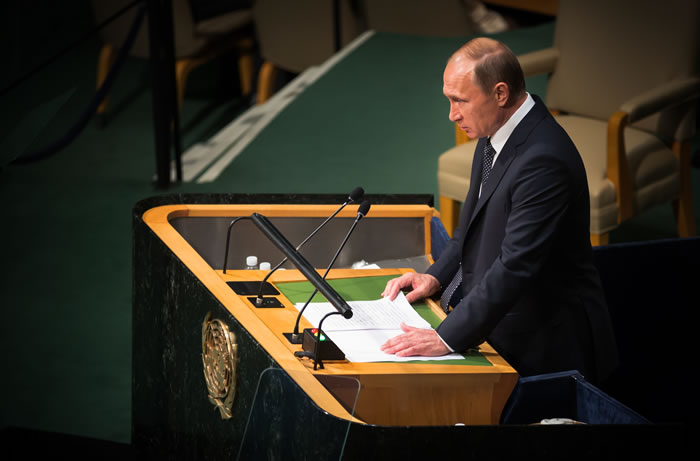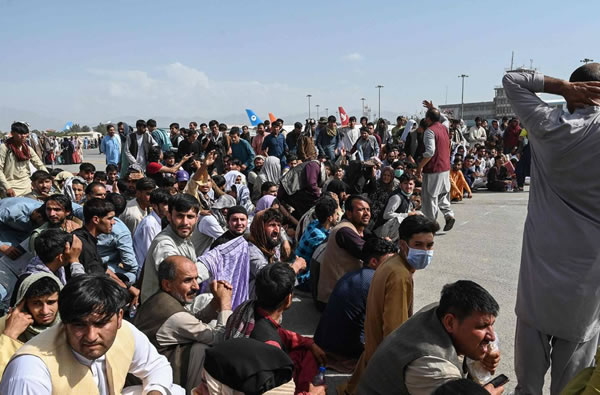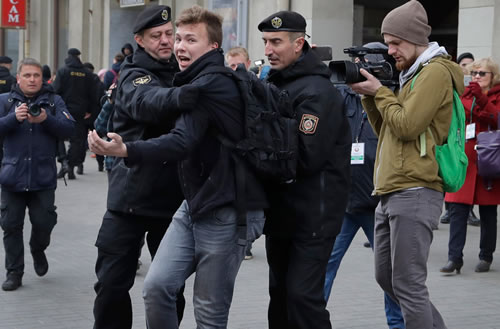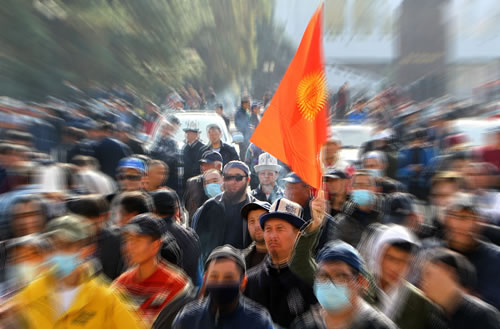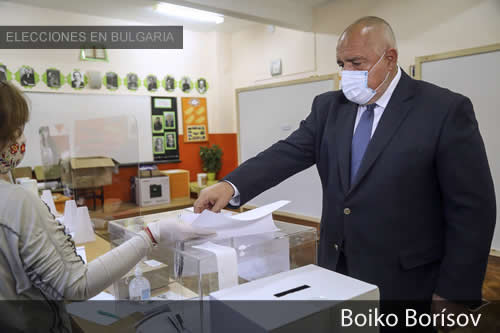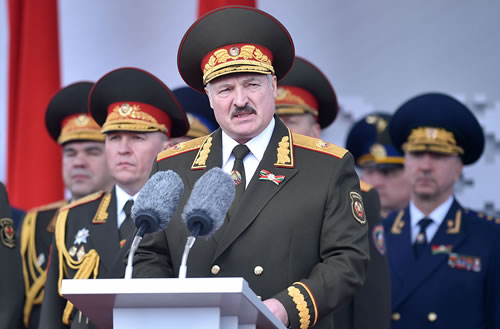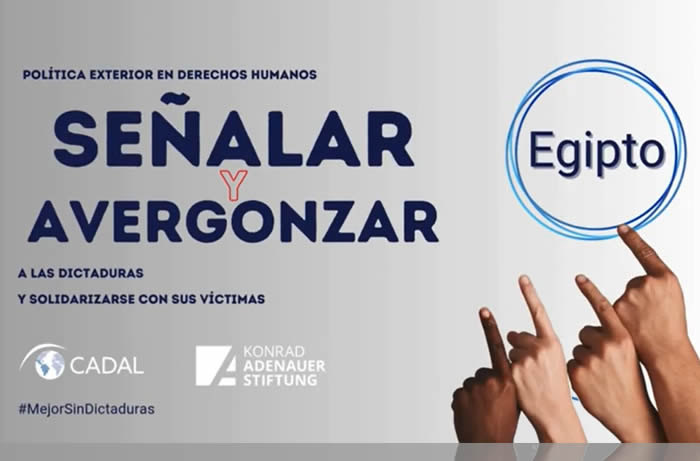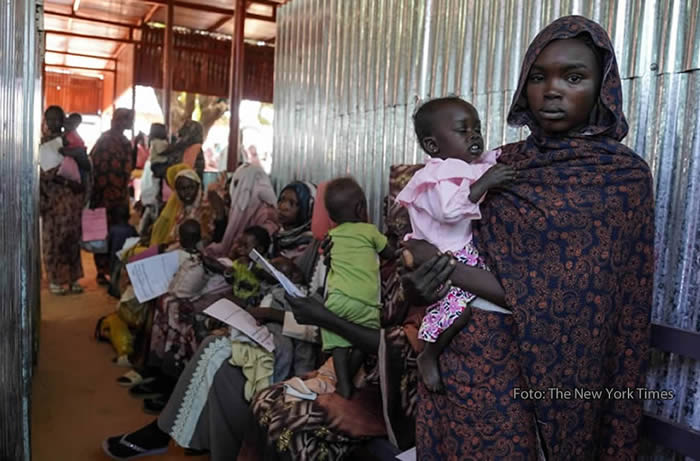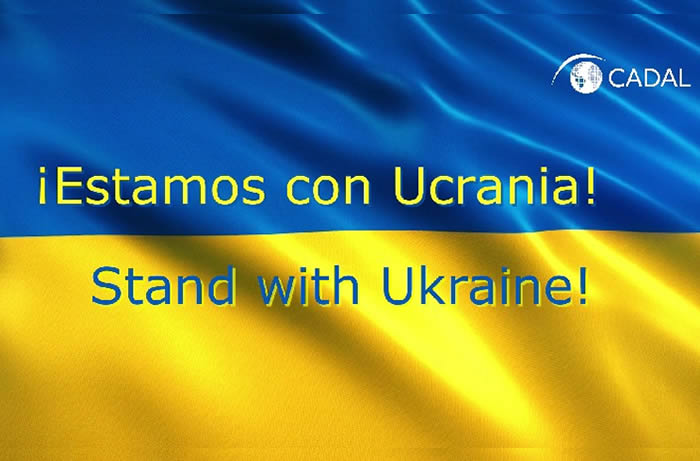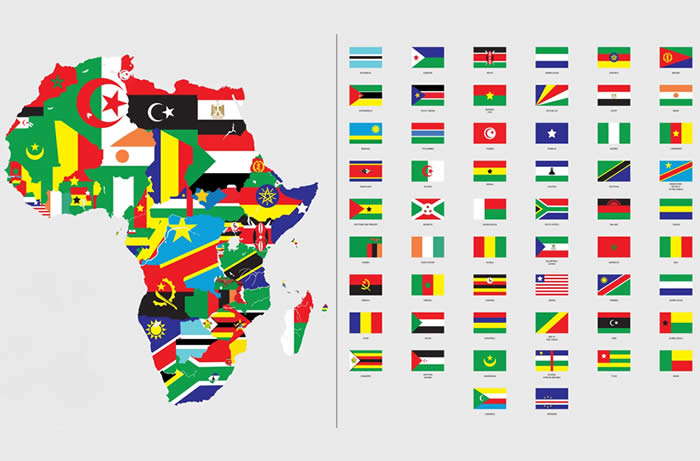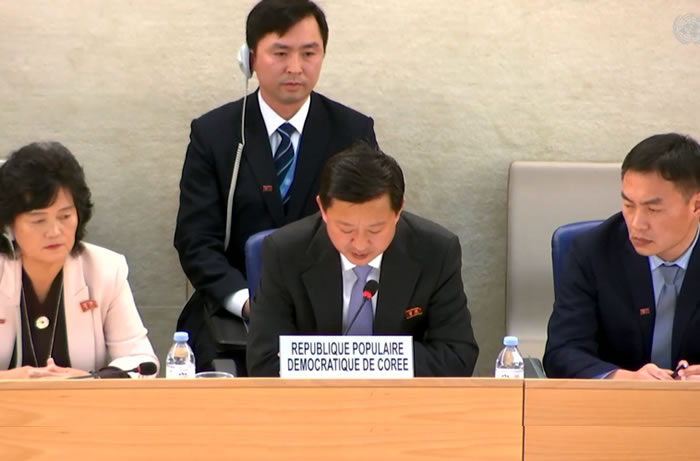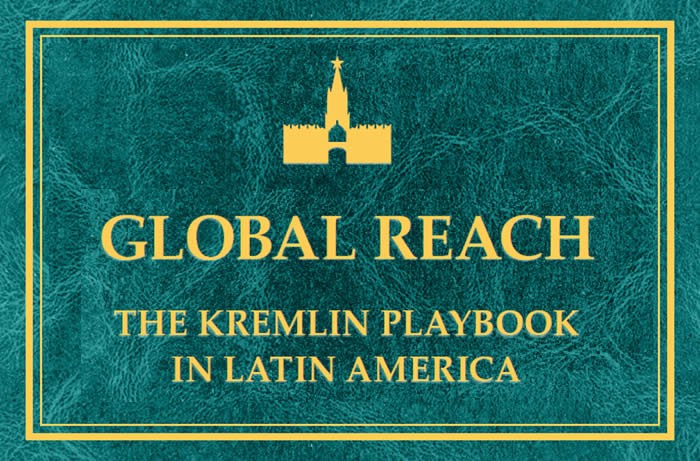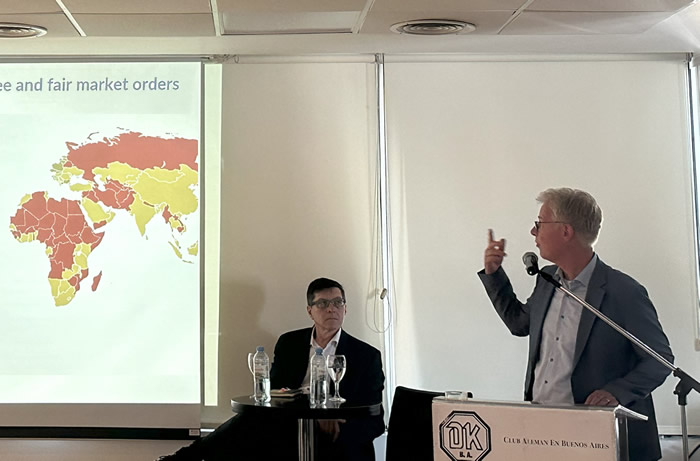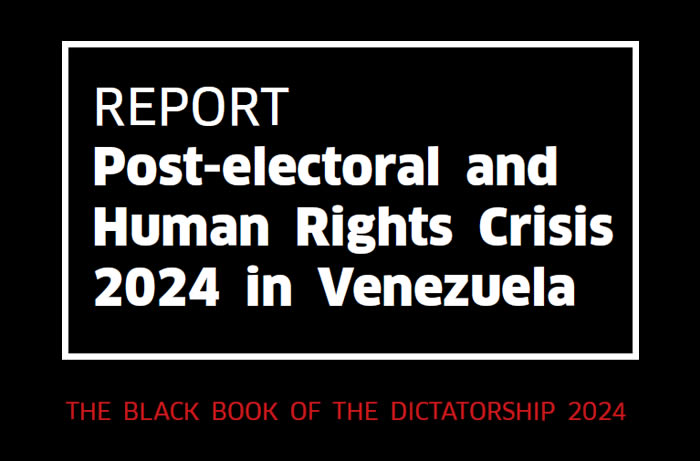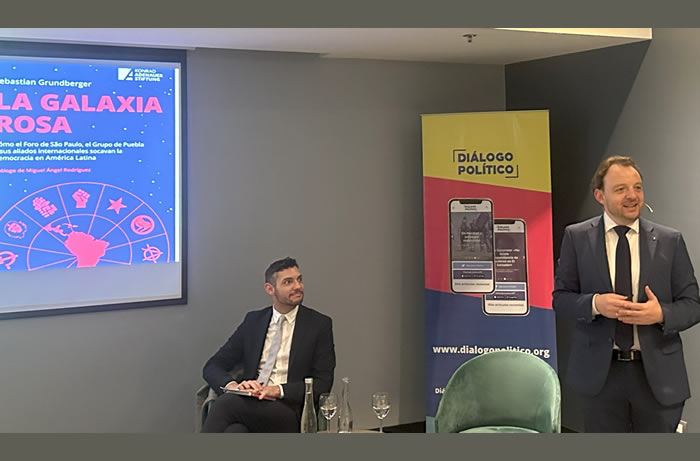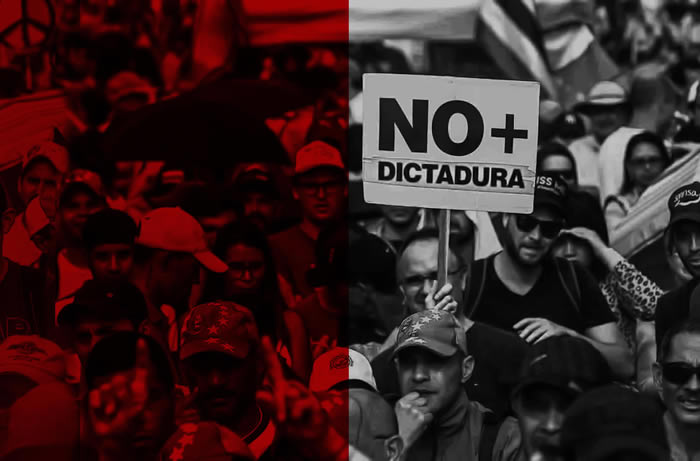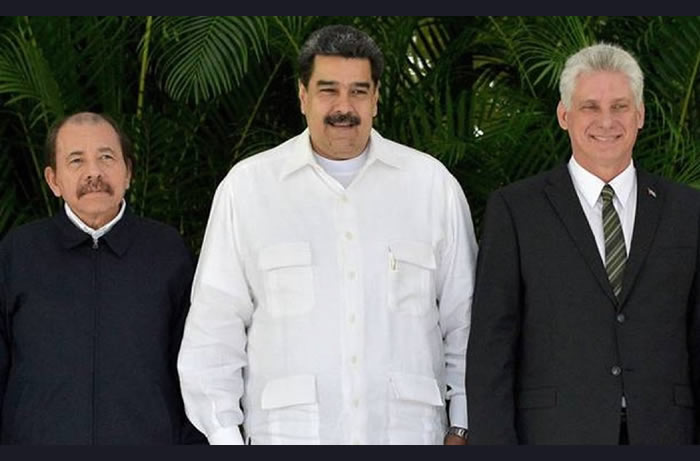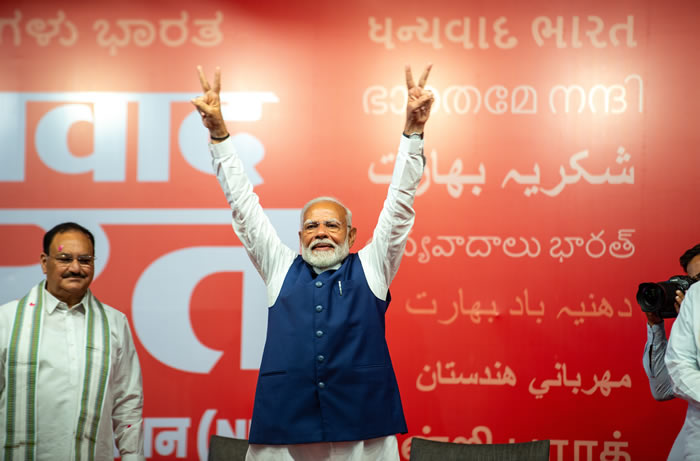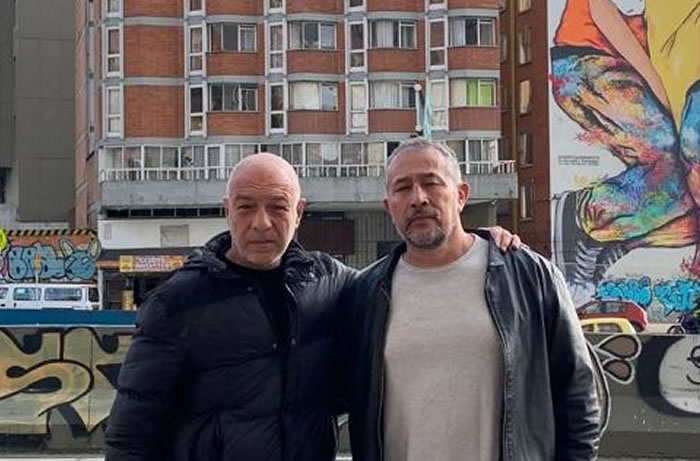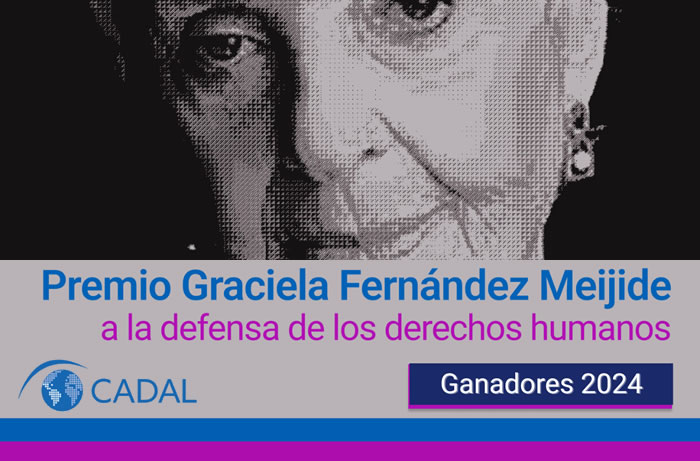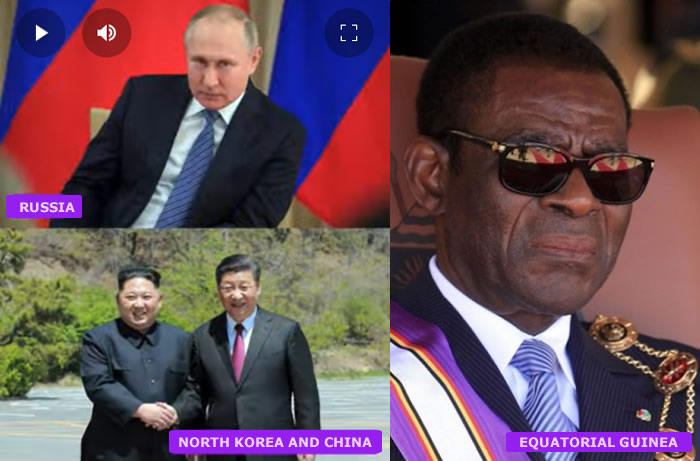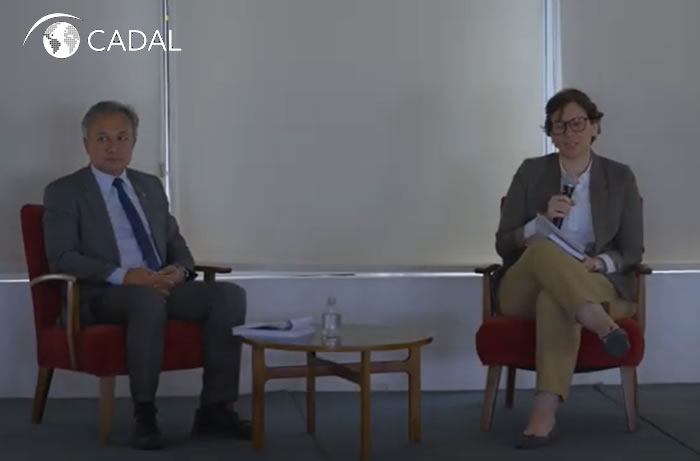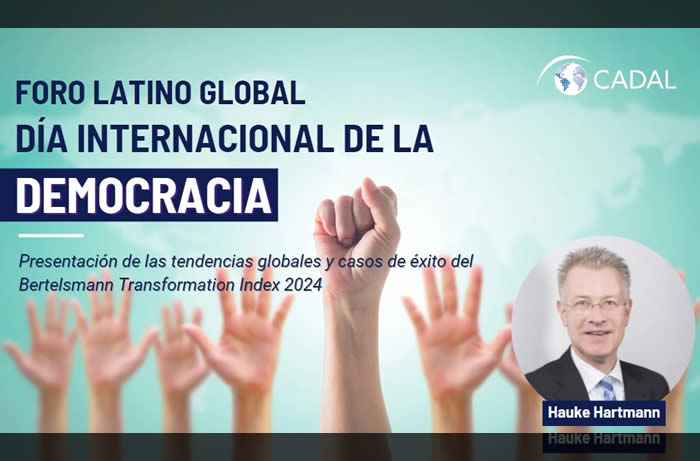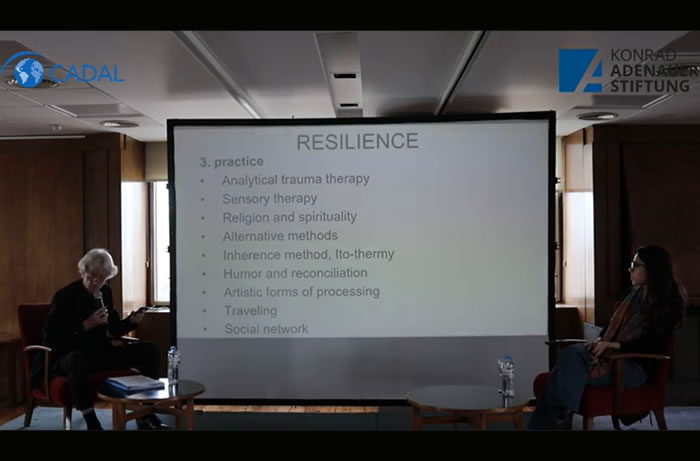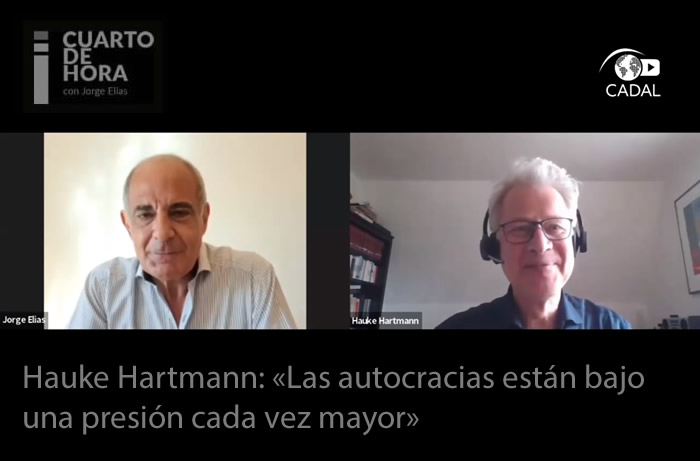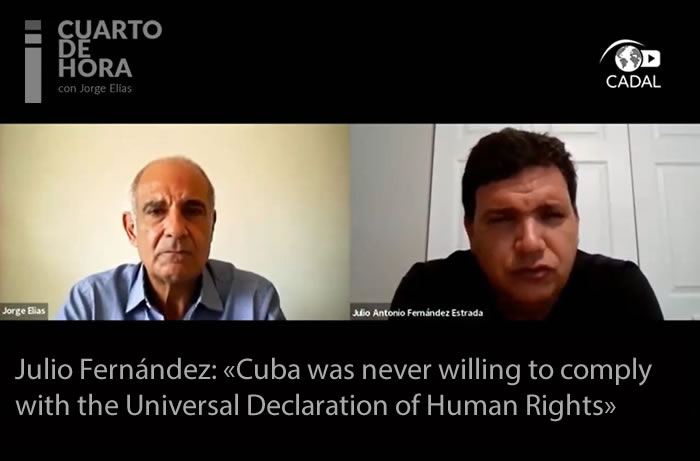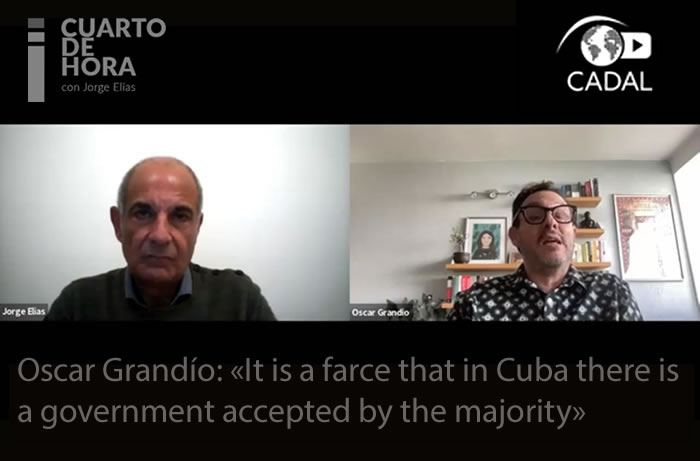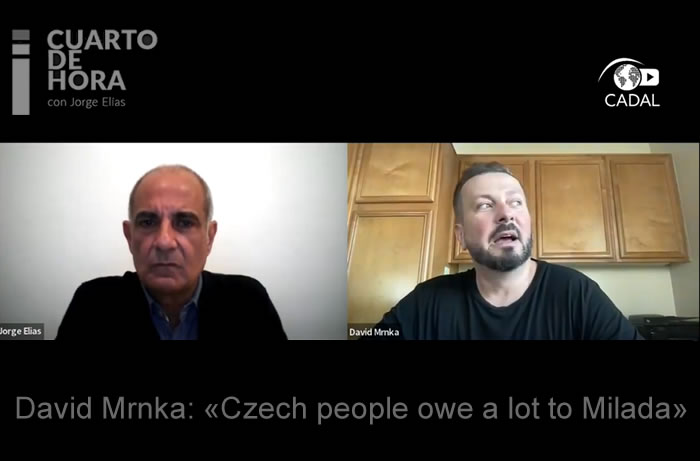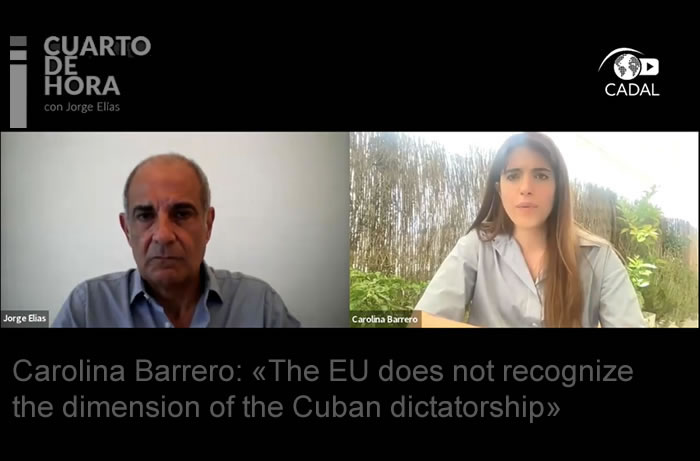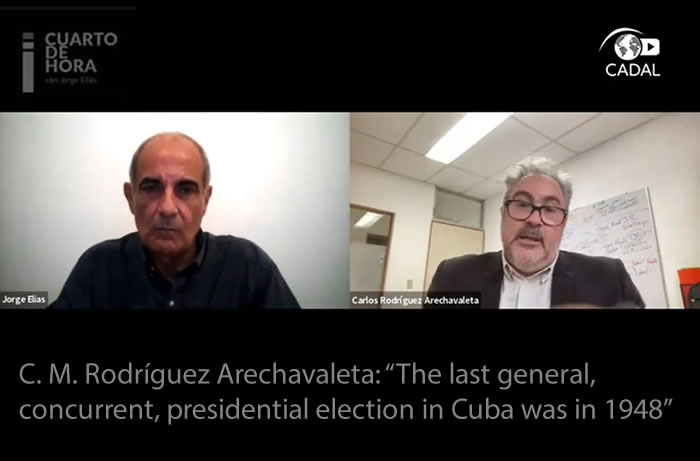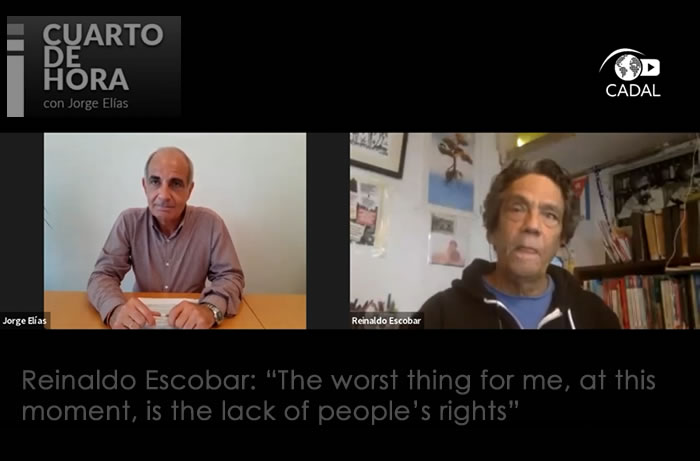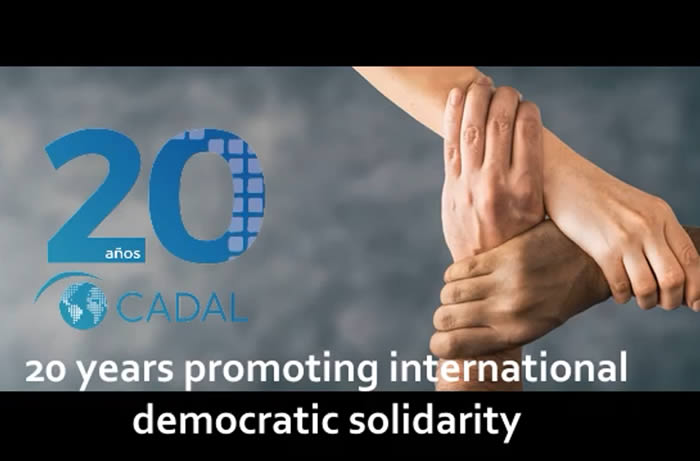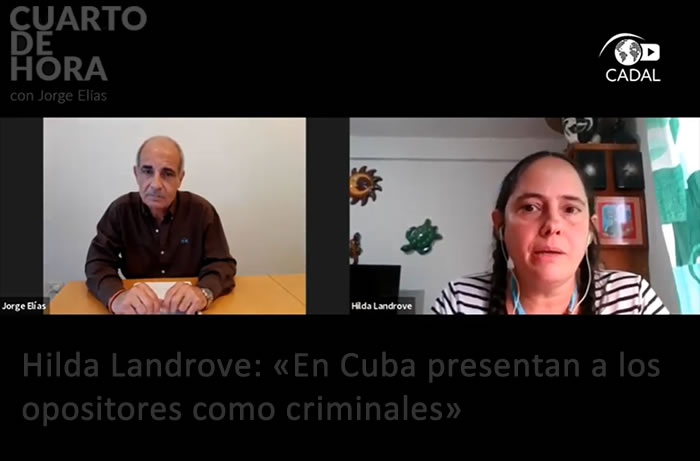Articles
International Relations and Human Rights Observatory
 11-16-2021
11-16-2021Migration crisis in Europe: human beings as a bargaining chip
For Lukashenko, these thousands of human beings represent nothing more than a tool to force the EU to lift sanctions, or at least to negotiate a way out of the crisis and, in this way, recognize him as a legitimate president for the first time since 2020. It matters little that a few dozen people die from cold and hunger. The story could end here, in the sole responsibility of an autocratic and violent leader who has tortured his compatriots, who censures and represses all dissent. But the reality is more complex. Poland has steadfastly refused to accept the passage of migrants to its territory and has expelled those who managed to get around the border fences.
By Ignacio E. Hutin
Once the cross-accusations are over and the priority shifts from political disputes to people, perhaps then this crisis can be resolved. A crisis originated from the most absolute lack of empathy, even if it seems a bit naive. Because all the answers so far have been interstate fights: the responsibility is yours because I don't like your government, your flag, your alliances, your army, your rhetoric. And no one seems to care about the real point at hand. Nobody listens to the thousands of migrants who are today hostages of two countries that refuse to open their doors to them. As if they were the real enemies.
On the border that separates Belarus and Poland, but on Belarusian territory, thousands of people wait. It is already very cold in this region by mid-November and the weather conditions are compounded by fatigue, uncertainty, and fear of being surrounded by soldiers and weapons. There are around four thousand migrants camping right next to the border, a number that has increased exponentially in the last week and to which must be added the close to 20 thousand people who are in other parts of Belarus. They are mostly Kurds from Iraq, Syria and Iran, but there are also Arabs and even nationals of African states, such as Mali. They have fled wars or terrible socioeconomic situations even without current conflicts. Belarus is just a first step, a way to get closer to the destination that so many long for: the European Union.
So why Belarus? In August 2020 Aleksandr Lukashenko, president since 1994 and the only one in the history of this former Soviet republic, officially won the elections with more than 80% of the votes, a ridiculous and incredible number, so exaggerated that massive protests continued for weeks, until repression and discouragement began to appease them. Svetlana Tikhanovskaya, a presidential candidate, had to go into exile and dozens of opposition representatives or mere public figures who supported the claims also did. Since then, the European Union has imposed trade sanctions, both on the Belarusian state and on various members of the government, including Lukashenko himself. While these sanctions have not been enough to put pressure on the Minsk boss, they have undoubtedly affected the national economy. That is why so many see an extortion attempt in this migration crisis: if sanctions are not lifted, Belarus will push thousands of people to collapse the migration systems of Western Europe.
The reason so many migrants choose Belarus as their first stop is because Minsk offers simplified visa processes, without major hurdles. In other words, Belarus attracts migrants. In addition to that, there are currently almost 60 weekly direct flights from Middle Eastern countries (including Turkey, Lebanon, Syria and Iraq) and the civil aviation authorities have approved another 40. Those close to 100 flights will not arrive full of tourists. Of course they won’t. Even the Iraqi government has expressed in an official statement its concern about Iraqi citizens "trying to enter the EU through Belarus, which offers simplified visa procedures." And it also reported that it would order the closure of the Belarusian consulates in Baghdad and Erbil.
The images of these days are compelling. There is no doubt that Belarusian gunmen have pushed the migrants against the fences that separate both countries, forcing them to cross in any way. At least 8 have died in the last week. As foreigners legally arrived on Belarusian territory, they are Minsk’s responsibility. But for Lukashenko these thousands of human beings represent nothing more than a tool to force the EU to lift sanctions, or at least to negotiate a way out of the crisis and, in this way, recognize him as legitimate president for the first time since 2020. It matters little that a few dozen people die from cold and hunger.
The story could end here, in the sole responsibility of an autocratic and violent leader who has tortured his compatriots, who censors and represses all dissent. But the reality is more complex. Poland has steadfastly refused to accept the passage of migrants to its territory and has expelled those who managed to get around the border fences. This automatic expulsion, without the migrants being able to access legal protection and having their rights respected, is called hot return and is a practice contrary to international law. Article 33 of the Convention Relating to the Status of Refugees prohibits the signatory States from expelling a people and returning them to territories where their life or freedom may be in danger. By denying the possibility of an individualized procedure and simply expelling any migrant, Poland is denying its international responsibility. No Polish soldier or police has to know the individual situation of each migrant or the specific reasons that have led them to cross the border irregularly. International Law is clear: you cannot expel first and ask questions later.
Unfortunately, these kinds of decisions are nothing new in Poland. When more than a million people, mostly from Syria, applied for asylum in the EU in 2015, the continental bloc implemented a system of quotas per country. The member states had to receive a certain number of refugees according to their size, population and economic capacity. That same year, the nationalist Law and Justice party won the Polish elections, and as soon as it assumed power, responded to Brussels with an unquestionable NO. Poland did not accept a single refugee in the midst of the crisis and the justification was only xenophobia, contempt for the different, prejudice.
Today the reality is not so different and Muslim migrants are not the only targets of hatred. The state's persecution of everything that is not Polish, Catholic, and heterosexual is remarkably explicit, so much so that, for example, President Andrzej Duda has called sexual diversities movements "a more dangerous ideology than communism." And in recent days, videos of Polish protesters crying out "death to the Jews" have gone viral.
While Poland demands greater support from NATO to protect its borders and Russia sends nuclear-capable aircraft to support Belarus, the area is militarized to unheard-of levels. As if these thousands of people trapped between two countries that refuse to receive them were nothing more than bargaining chips, negotiating instruments or just the necessary excuse to set off a latent dispute between Minsk and the European Union. The current situation is an officialization and legitimization of human trafficking. So far there have been too many cross-accusations, but few concrete proposals. Only Iraq offered to repatriate its citizens and some states (Lithuania, among them) and international organizations have provided food and shelter.
But that is not enough. The alms are not enough to protect thousands of human beings whose only crime is to seek a better life, is to flee from wars, persecutions and different types of hardships. Today the world is condemning them to death. Today the world looks the other way and engages in circumstantial discussions that avoid the central point: how to protect those who need protection.
 Ignacio E. HutinAdvisory CouncelorMaster in International Relations (University of Salvador, 2021), Graduate in Journalism (University of Salvador, 2014), specialized in Leadership in Humanitarian Emergencies (National Defense University, 2019) and studied photography (ARGRA, 2009). He is a focused in Eastern Europe, post-Soviet Eurasia and the Balkans. He received a scholarship from the Finnish State to carry out studies related to the Arctic at the University of Lapland (2012). He is the author of the books Saturn (2009), Deconstruction: Chronicles and Reflections from Post-Communist Eastern Europe (2018), Ukraine/Donbass: A Renewed Cold War (2021), and Ukraine: Chronicle from the Frontlines (2021).
Ignacio E. HutinAdvisory CouncelorMaster in International Relations (University of Salvador, 2021), Graduate in Journalism (University of Salvador, 2014), specialized in Leadership in Humanitarian Emergencies (National Defense University, 2019) and studied photography (ARGRA, 2009). He is a focused in Eastern Europe, post-Soviet Eurasia and the Balkans. He received a scholarship from the Finnish State to carry out studies related to the Arctic at the University of Lapland (2012). He is the author of the books Saturn (2009), Deconstruction: Chronicles and Reflections from Post-Communist Eastern Europe (2018), Ukraine/Donbass: A Renewed Cold War (2021), and Ukraine: Chronicle from the Frontlines (2021).
Once the cross-accusations are over and the priority shifts from political disputes to people, perhaps then this crisis can be resolved. A crisis originated from the most absolute lack of empathy, even if it seems a bit naive. Because all the answers so far have been interstate fights: the responsibility is yours because I don't like your government, your flag, your alliances, your army, your rhetoric. And no one seems to care about the real point at hand. Nobody listens to the thousands of migrants who are today hostages of two countries that refuse to open their doors to them. As if they were the real enemies.
On the border that separates Belarus and Poland, but on Belarusian territory, thousands of people wait. It is already very cold in this region by mid-November and the weather conditions are compounded by fatigue, uncertainty, and fear of being surrounded by soldiers and weapons. There are around four thousand migrants camping right next to the border, a number that has increased exponentially in the last week and to which must be added the close to 20 thousand people who are in other parts of Belarus. They are mostly Kurds from Iraq, Syria and Iran, but there are also Arabs and even nationals of African states, such as Mali. They have fled wars or terrible socioeconomic situations even without current conflicts. Belarus is just a first step, a way to get closer to the destination that so many long for: the European Union.
So why Belarus? In August 2020 Aleksandr Lukashenko, president since 1994 and the only one in the history of this former Soviet republic, officially won the elections with more than 80% of the votes, a ridiculous and incredible number, so exaggerated that massive protests continued for weeks, until repression and discouragement began to appease them. Svetlana Tikhanovskaya, a presidential candidate, had to go into exile and dozens of opposition representatives or mere public figures who supported the claims also did. Since then, the European Union has imposed trade sanctions, both on the Belarusian state and on various members of the government, including Lukashenko himself. While these sanctions have not been enough to put pressure on the Minsk boss, they have undoubtedly affected the national economy. That is why so many see an extortion attempt in this migration crisis: if sanctions are not lifted, Belarus will push thousands of people to collapse the migration systems of Western Europe.
The reason so many migrants choose Belarus as their first stop is because Minsk offers simplified visa processes, without major hurdles. In other words, Belarus attracts migrants. In addition to that, there are currently almost 60 weekly direct flights from Middle Eastern countries (including Turkey, Lebanon, Syria and Iraq) and the civil aviation authorities have approved another 40. Those close to 100 flights will not arrive full of tourists. Of course they won’t. Even the Iraqi government has expressed in an official statement its concern about Iraqi citizens "trying to enter the EU through Belarus, which offers simplified visa procedures." And it also reported that it would order the closure of the Belarusian consulates in Baghdad and Erbil.
The images of these days are compelling. There is no doubt that Belarusian gunmen have pushed the migrants against the fences that separate both countries, forcing them to cross in any way. At least 8 have died in the last week. As foreigners legally arrived on Belarusian territory, they are Minsk’s responsibility. But for Lukashenko these thousands of human beings represent nothing more than a tool to force the EU to lift sanctions, or at least to negotiate a way out of the crisis and, in this way, recognize him as legitimate president for the first time since 2020. It matters little that a few dozen people die from cold and hunger.
The story could end here, in the sole responsibility of an autocratic and violent leader who has tortured his compatriots, who censors and represses all dissent. But the reality is more complex. Poland has steadfastly refused to accept the passage of migrants to its territory and has expelled those who managed to get around the border fences. This automatic expulsion, without the migrants being able to access legal protection and having their rights respected, is called hot return and is a practice contrary to international law. Article 33 of the Convention Relating to the Status of Refugees prohibits the signatory States from expelling a people and returning them to territories where their life or freedom may be in danger. By denying the possibility of an individualized procedure and simply expelling any migrant, Poland is denying its international responsibility. No Polish soldier or police has to know the individual situation of each migrant or the specific reasons that have led them to cross the border irregularly. International Law is clear: you cannot expel first and ask questions later.
Unfortunately, these kinds of decisions are nothing new in Poland. When more than a million people, mostly from Syria, applied for asylum in the EU in 2015, the continental bloc implemented a system of quotas per country. The member states had to receive a certain number of refugees according to their size, population and economic capacity. That same year, the nationalist Law and Justice party won the Polish elections, and as soon as it assumed power, responded to Brussels with an unquestionable NO. Poland did not accept a single refugee in the midst of the crisis and the justification was only xenophobia, contempt for the different, prejudice.
Today the reality is not so different and Muslim migrants are not the only targets of hatred. The state's persecution of everything that is not Polish, Catholic, and heterosexual is remarkably explicit, so much so that, for example, President Andrzej Duda has called sexual diversities movements "a more dangerous ideology than communism." And in recent days, videos of Polish protesters crying out "death to the Jews" have gone viral.
While Poland demands greater support from NATO to protect its borders and Russia sends nuclear-capable aircraft to support Belarus, the area is militarized to unheard-of levels. As if these thousands of people trapped between two countries that refuse to receive them were nothing more than bargaining chips, negotiating instruments or just the necessary excuse to set off a latent dispute between Minsk and the European Union. The current situation is an officialization and legitimization of human trafficking. So far there have been too many cross-accusations, but few concrete proposals. Only Iraq offered to repatriate its citizens and some states (Lithuania, among them) and international organizations have provided food and shelter.
But that is not enough. The alms are not enough to protect thousands of human beings whose only crime is to seek a better life, is to flee from wars, persecutions and different types of hardships. Today the world is condemning them to death. Today the world looks the other way and engages in circumstantial discussions that avoid the central point: how to protect those who need protection.

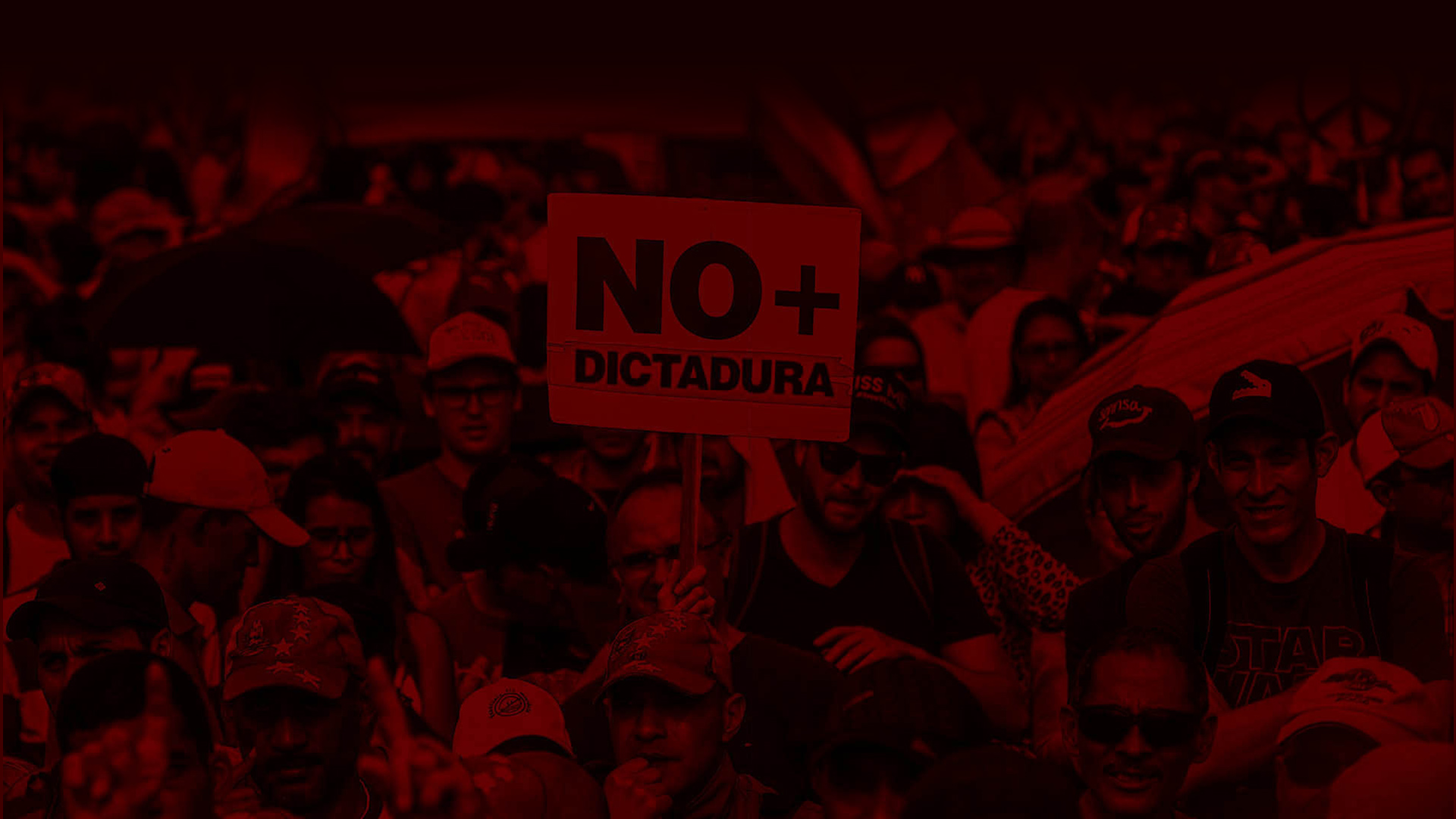



 Leer esta nota en Español
Leer esta nota en Español